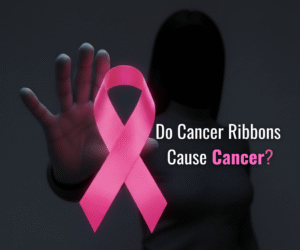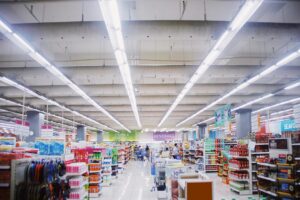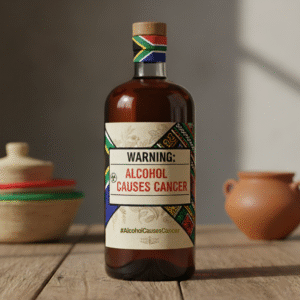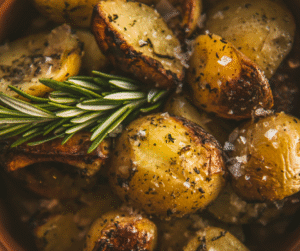Cancer-in-a-Bag: Real Prevention Demands Collective Intervention
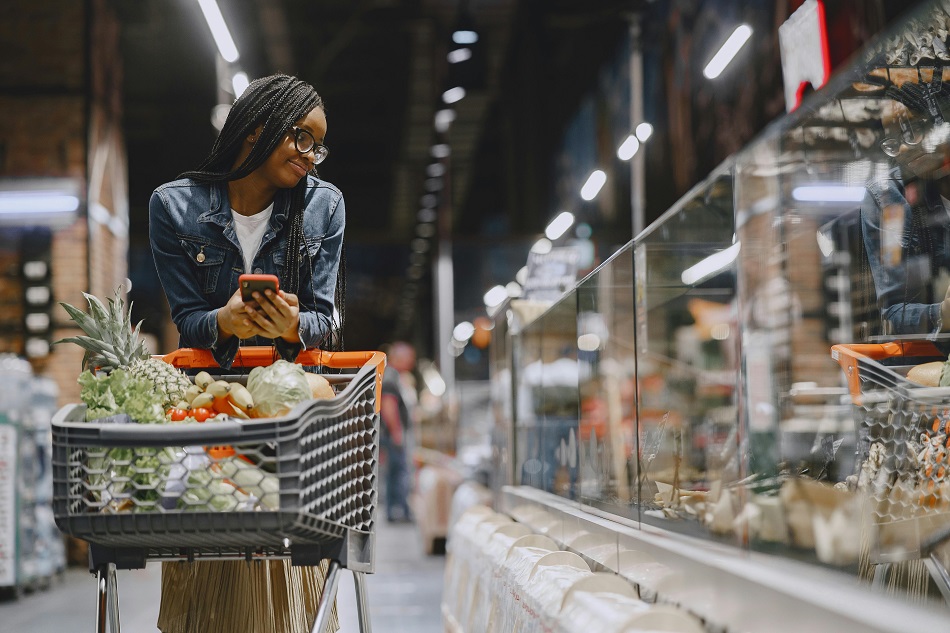
Prevention begins in the supermarket, not the pharmacy. Photo by Gustavo Fring.
Real cancer prevention means holding manufacturers responsible, instead of blaming the public for choices they never had.
Every cancer has its day, and yet every month has more cancer.
One would expect to see cancer rates dropping by now, but the numbers keep rising, especially among young adults. This isn’t genetic because a significant number of cancers are preventable and often the result of unhealthy lifestyle choices. Those choices aren’t random either. They’re marketed, subsidised, normalised – and they are killing us.
Why Cancer Rates Are Rising
Cancer thrives when people tolerate risk but ignore consequences. We indulge in convenience, celebrate alcohol, and are addicted to ultra-processed food. Companies are literally selling cancer-in-a-bag, and people are buying it. Whoever said that flavoured vapes and energy drinks are healthier for us also lied to us. Healthier than what? Cancer?
If these choices confuse us, how much more confused will the next generation be?
The numbers paint a clearer picture: One in five people will develop cancer in their lifetime, yet nearly half of those cancers are preventable according to the World Health Organisation (WHO). Even if you don’t get cancer yourself, you are still going to pay for it. The Cancer Alliance warns that cancer treatment could cost the public a whopping R50 billion per year by 2030. Cancer is no longer a personal battle; it is a public health concern that requires a collective solution.
The Role of Government and Industry
If cancer can be beaten, why is it taking so long? It appears that cancer prevention is getting lost in the noise of performative awareness campaigns, which are often more concerned with optics than outcomes. Unfortunately, while hashtags may trend for a day, they don’t prevent cancer.
South Africa’s public healthcare is collapsing under its own chronic mismanagement. It must be restructured if it’s going to effectively lead awareness and prevention efforts, especially within underserved communities that lack access to medical aid. It is imperative that the Department of Health advocates for prevention, detection, and intervention to save lives and reduce healthcare costs.
Cancer has become a national emergency, but the socioeconomic reality is that it requires leadership. Government must take the lead by ensuring that healthy foods are affordable and accessible to everyone, ban all marketing of alcohol and vaping products immediately, and provide free mobile testing clinics.
Schools must teach health education from an early age, and the broader healthcare industry must advocate for prevention with the same urgency as it does treatment – because, as we all know, prevention is quicker, cheaper, and easier than cure.
The Illusion of Choice in Supermarkets
People may argue that cancer prevention is common sense, but this overlooks the fact that prevention is a team effort to build a society where health is a right, not a privilege. We must educate people when companies prioritise profit and convenience over our health.
Real prevention begins by holding the purveyors of cancer accountable, not its victims. Fortunately, cancer prevention has remained relatively consistent about eating well, exercising more, and avoiding the temptations of liquor, tobacco, vaping, and vice.
Healthy living seems achievable until you realise that modern-day supermarkets have become a minefield where everything, including the packaging, can kill you. In the good old days, your grandmother could milk a cow and kill a chicken for breakfast. Nowadays, it’s easier to score pharmacereals at your nearest supermarket. You can even have them delivered if you download their app.
Supermarkets don’t just reflect our choices; they influence our decisions. Most supermarkets only allocate a fraction of floor space to healthy food, while the aisles are stacked higher with ultra-processed food. You can only buy what you see, and you eat with your eyes, don’t you?
Cancer prevention can’t be left to common sense anymore because grocery shopping is rigged in favour of the shop, not the shopper. Government and industries must make healthy choices easier for people to choose, because the aftermath of death, disease, and environmental damage is a responsibility that we will all pay for later.
The Dangers in Your Food and Packaging
Have you ever considered whether rotisserie chicken is really good for you, or is the unsettling mix of fat, plastic, and heat worth the potential risk of cancer-causing chemicals and environmental damage for the sake of convenience? In case you haven’t noticed yet, it’s not priced for consideration; it’s priced for consumption.
It’s not just the chicken. Almost everything plastic (ironically, some tin cans too) contains juicy endocrine disruptors that interfere with your hormones. Those friendly ‘BPA-free’ and ‘phthalate-free’ labels only mean that the manufacturer successfully replaced one harmful chemical with another – that is, until their marketing team unlocks the next big consumer fear.
You probably don’t want to know what ‘forever chemicals’ (PFAS) in your fast-food wrappers and pizza boxes are doing to your body, but it does raise the question: Is our food safe to eat?
Why do we even have to ask?
You thought you had a choice, but it was the illusion of choice. The truth is that your choices were selected for you by the same people who never had your best interests at heart. You will pay for them later, even if you weren’t aware of the consequences. Nowadays, everything in supermarkets should come with a caveat emptor – let the buyer beware.
As a nation, we must decide if convenience is worth the expense of our health. Advocacy requires the collective effort of government, industry, education, healthcare, media, and even influencers to promote healthy lifestyle choices, and not just the sponsored ones.
People should demand bold warnings about harmful products and their packaging, especially ultra-processed foods, alcohol, tobacco, and vaping products. No fine print, just the uncensored truth: This product causes cancer.
Challenging the Status Quo
Some adjustments will be necessary, but we can adapt faster than we think. People are wired for comfort, so manufacturers and supermarkets should make it easier for their customers to choose healthier products. This would enable people to make informed choices about everything they buy – including juicy rotisserie chicken sweating in plastic. Protecting your customers should be the first logical step towards sustainability, because without customers, there will be nothing to sustain.
Challenging the status quo will be an ambitious undertaking, but it’s still easier than paying the price of apathy. Most people have lost family and friends to cancer, but nothing prepares you for cancer better than your own diagnosis. Life is never the same after cancer because you become a different person when every day is a reminder that you are dying–and in some twisted way, you appreciate that if the treatment doesn’t kill you, the cancer surely will.
We have a moral duty to prevent cancer in others, especially when we have the power to do so. And not only cancer, but every preventable lifestyle disease possible.
Prevention begins in the supermarket, not the pharmacy. It starts with you learning about food labels and demanding healthier products and packaging. It also means educating others to make healthier choices because it’s never too late to prevent cancer.
If you want to save lives, advocate for prevention – because your silence is complicity.
